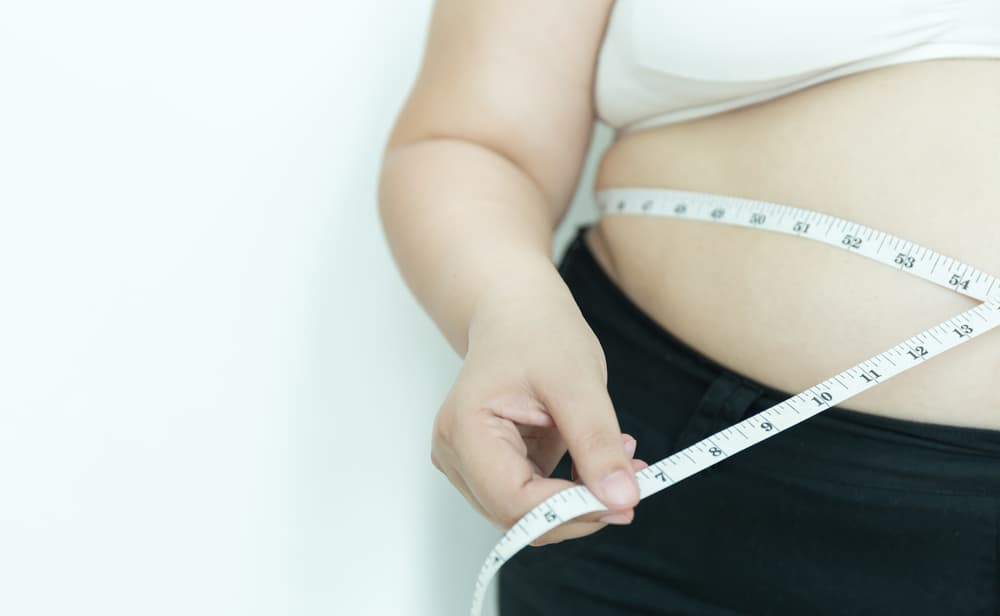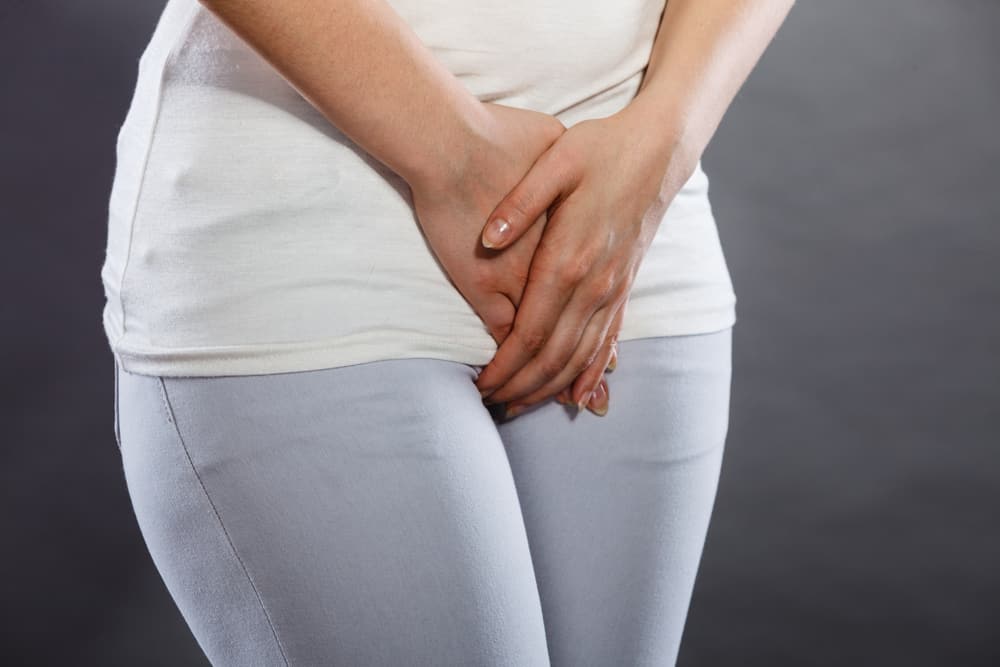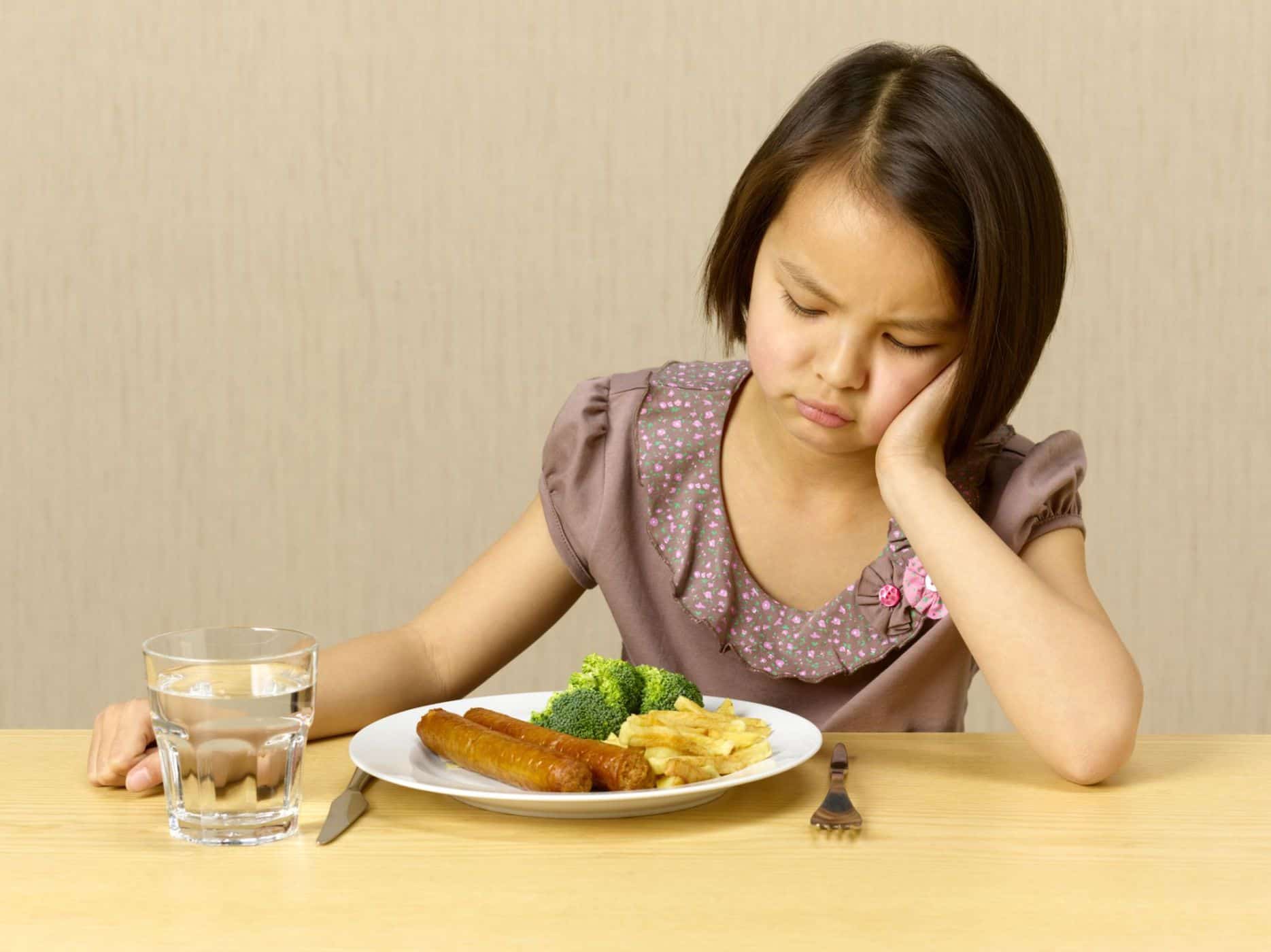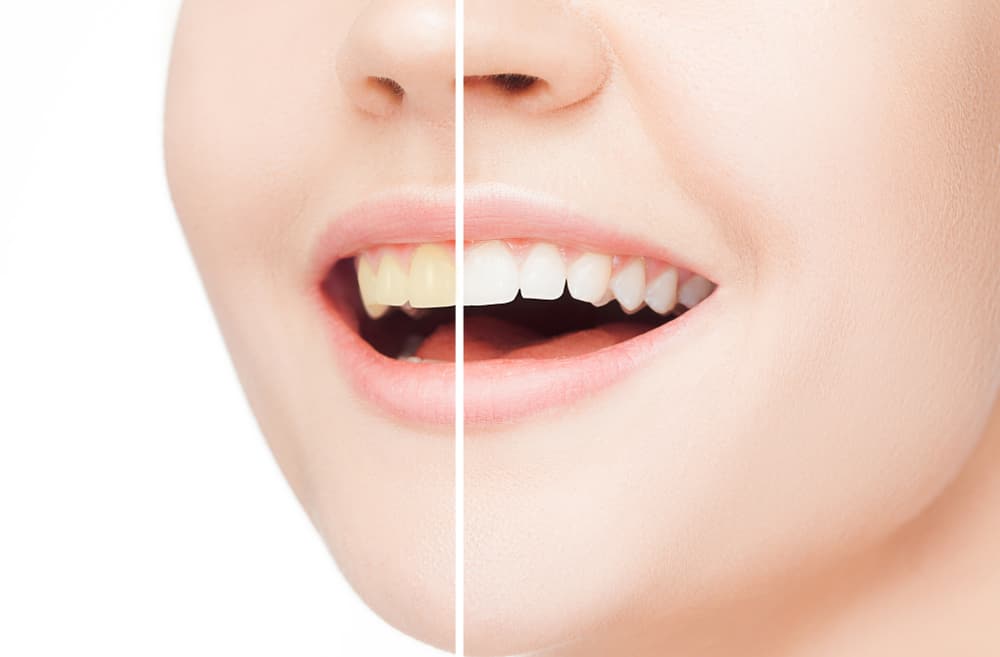Contents:
- Medical Video: Testing Vitamin Deficiency
- Characteristics of calcium deficiency
- Characteristics of vitamin D deficiency
- Signs of potassium deficiency
- Iron deficiency symptoms
- Signs of vitamin B12 deficiency
- Characteristics of folate deficiency
- Symptoms of magnesium deficiency
Medical Video: Testing Vitamin Deficiency
The problem of malnutrition can not only occur in lower class communities or tribes in remote areas. Even healthy people in urban areas can lack essential vitamins and nutrients. Especially if you are classified as busy or not eating a balanced meal regularly. Here's how to detect if your body lacks certain vitamins or minerals.
Characteristics of calcium deficiency
Calcium is important for maintaining strong bones and controlling muscle and nerve function. Fatigue, muscle cramps, abnormal heart rhythms, and poor appetite mean your body lacks calcium intake.
If you lack calcium minerals, you are at risk of developing osteopenia, a condition that causes a decrease in bone mass which increases the risk of osteoporosis and fractures. Moreover, bone density will reach its maximum capacity at age 30, and will continue to decrease over time.
Make sure you fill your body's calcium reserves by consuming at least three servings of milk or yogurt a day. Other good sources of calcium are cheese, calcium-fortified orange juice, tofu, edamame, and dark leafy green vegetables.
Characteristics of vitamin D deficiency
If you experience fatigue, muscle aches or weakness, and / or mysterious joint pain, especially in cold weather, you may be deficient in vitamin D. High blood pressure can also be a sign that you may not be enough vitamin D. Frequent headaches in men are a sign that his body lacks vitamin D.
People who have skin problems such as eczema generally also experience this vitamin deficiency. Research shows that people with the lowest vitamin D levels show symptoms of eczema that are more severe than those who have a higher intake.
To get enough vitamin D, consume three glasses of milk or 3 servings of yogurt every day; fatty fish such as salmon, tuna, swordfish twice a week; fortified orange juice; and multiply outdoor activities to get morning sun exposure.
Signs of potassium deficiency
Potassium is the third largest mineral in the body. Potassium is very important for health because of the lack of these minerals can cause various symptoms of health problems such as lethargy, weak muscles, muscle cramps, reduced reflexes, constipation, anemia, headaches, and drastic weight loss. In severe cases, a deficiency of potassium can cause an abnormal heart rhythm.
You can lack potassium due to diarrhea, vomiting, excessive sweating, taking antibiotics, or from other conditions such as eating disorders (anorection, bulimia, etc.) or kidney disease.
Bananas, whole grains, milk, vegetables, beans, and peas are the best sources of potassium.
Iron deficiency symptoms
Iron helps your body make red blood cells. When iron levels are too low in the body, oxygen will not be transported evenly to all parts of the body. Anemia due to iron deficiency can cause fatigue. In addition, pale and dull skin, dull nails and easily brittle, thin hair and fall also signal that your body runs out of iron, skin. Women who have heavy menstruation (excessive blood out) are at high risk of iron deficiency. The same is true for women who are vegetarian.
To increase iron levels, multiply eating iron fortification cereals, lean beef, oysters, beans (especially white beans, chickpeas, and kidney beans), lentils and spinach. And because the absorption of iron is helped by vitamin C, make sure your diet also includes lots of vitamin C-rich vegetables such as broccoli, red peppers, kale, and cauliflower.
Signs of vitamin B12 deficiency
Symptoms of severe B12 deficiency include numbness in the limbs, hands or feet; Walking and balance problems; anemia; fatigue; weakness; swollen and inflamed tongue; paranoia; hallucinations; easy to get angry; or depression. Cracks in the corners of the mouth can also be a sign of lack of this vitamin. Vitamin B12 deficiency can cause anemia and senility in the elderly.
Vitamin B12 helps produce DNA and regulates the nervous system. This vitamin also plays a role in the growth and formation of red blood cells. Vitamin B12 can be found in meat and dairy products, so anyone including vegans / vegetarians is at risk of lacking this vitamin intake.
You can get vitamin B12 from animal food sources. Increase your B12 levels by eating more fish, chicken, milk and yogurt. If you are vegan, choose B12-enriched vegan foods, such as alternative milk substitutes, meat substitutes, and breakfast cereals.
Characteristics of folate deficiency
Folate is another B vitamin that is also involved in regulating the nervous system. Folate is especially important for women of childbearing age, which is why prenatal vitamins contain fairly large doses of folate. Lack of folate during pregnancy can cause large reductions in red blood cells and neural tube defects in unborn children.
Lack of vitamin B12 and folate can trigger inflammatory conditions throughout the body. Other symptoms of vitamin B12 deficiency include fatigue, gray hair, canker sores, and swollen tongue. To get folate from food, eat fortified cereals, beans, lentils, green vegetables and oranges.
Symptoms of magnesium deficiency
Magnesium helps support bone health, nerve health. and help with energy production. Magnesium deficiency is quite rare in healthy people, but this can affect people who take certain drugs, have certain health conditions, or consume too much alcohol.
Magnesium deficiency can cause an imbalance of calcium ion channels throughout the body which manifest themselves as a number of health symptoms. Magnesium deficiency can cause loss of appetite, nausea and vomiting, fatigue, and weakness. In more severe cases, it can cause numbness, muscle cramps, convulsions, abnormal heart rhythms, changes in behavior, or low potassium or calcium levels.
Increasing healthy and fresh foods is the best solution to overcome symptoms of vitamin deficiency. But if you feel you are eating well enough but still feel lacking, you can add to your intake of multivitamin supplements. The most important thing is always wise to consume it and read the rules of use.












